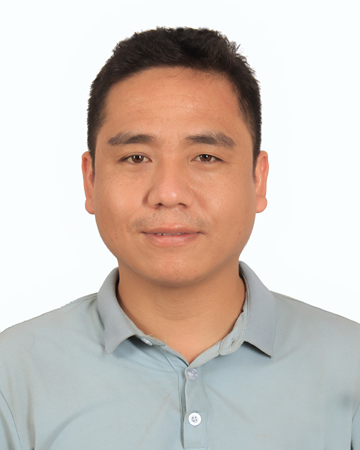Columns
Growing as effective teachers
The government should initiate national programmes to enhance the competencies of teachers.
Babu Lama
Education is a dynamic and evolving process. The wind of change blows from decade to decade. To meet the demands of an ever-changing society and the challenges that the young minds of today face in the future, it is important to maintain a coherence between teaching and learning. In addition, the teachers who are entrusted to lay the foundation of building the country’s future should learn to foresee the challenges their students will face in future. The teachers should help the students hone their skills. They should also refine their pedagogies to foster in their students competencies such as complex problem solving, effective communication, collaboration and self-direction. For this, the teachers should go through rigorous professional development initiatives and programmes. However, teachers often fail to understand that they should themselves learn first.
According to educational researcher Beatrice Avalos, teachers’ professional development refers to their learning—how they learn, and how they put their knowledge into practice to support pupils’ learning. Teaching involves more than just imparting knowledge to students; it is more about stimulating and activating young minds and generating new ideas through interaction with them. Teachers fail to accomplish this Herculean task if they do not grow alongside discoveries and new information about the world. Only through continuous growth can the teachers succeed in imparting knowledge on young learners.
For instance, teachers who lack digital literacy fail to inspire young learners who are born as “digital natives” and spend most of their time in the digital space. Thus, knowledge upgrading is essential, and the teaching community must ensure that it stays abreast of all new developments in the field and pursue the path toward continuous learning.
The quality of teachers is shaped through effective teacher professional development plans and their implementation. In Nepal, after the restoration of democracy in 1990, and as per the recommendation of the National Education Commission in 1992, the Ministry of Education aimed at ensuring a consolidated provision on policy formulation and implementation of teacher training activities. Therefore, Secondary Education Development Centre (SEDC), Distance Education Centre (DEC), Primary Teacher Training Centres (PTTCs), and the National Centre for Educational Development (NCED) have played active roles in teacher education at the school level.
While teacher education has matured in developed countries, it is still in its infancy in Nepal. Conducting classroom action research, conducting research programmes, and presenting papers and ideas at conferences are common practices in developed countries. But in Nepal, many teachers consider such activities unnecessary. After being hired through the national recruitment processes, teachers in community-managed schools assume they are permanently qualified educators and never make an effort to advance their positions. As a result, the outcomes of the community-managed schools become a sheer disaster in many national-level examinations.
The axe that has been used regularly to chop down the woods for a long time, without being resharpened, eventually fails to chop down the woods. Similarly, teachers who have not received up-to-date training fail to provide quality education to students. Therefore, they must participate in professional development programmes or initiatives to sharpen their skills and knowledge. Teachers should improve themselves on personal, professional, and social levels.
Teachers should get involved with a community of professionals such as teachers' association to widen their knowledge and network of support. They should attend conferences, workshops, training, webinars, and symposiums related to educational programmes. Furthermore, they should write reflections, articles, and books and have them published on different platforms. Similarly, teachers' personal experiences and practical knowledge have a greater impact on students. Therefore, to gain cross-cultural knowledge and international real-life experiences, teachers should always keep their eyes open for international exposure, such as attending conferences, taking short courses, or participating in teacher exchange programmes. Such experiences transform teachers, making a significant difference in the classroom.
The government should also initiate national programmes to strengthen the competencies of teachers. This may include higher budget allocation for teachers' training and professional development and provision of grants for teachers to conduct research and participate in national and international conferences. It should provide teachers with opportunities to participate in curriculum designing and evaluation systems, at least at local levels. The institutions should also offer opportunities for promotions and rewards based on performance, training, and participation in workshops.
Similarly, academic institutions should forge a partnership with the universities (schools of education) for knowledge sharing and teachers' professional development programmes. Similarly, private academic institutions should collaborate with community-managed academic institutions to share their expertise to strengthen the competencies of teachers from public institutions.
To conclude, the future of the country hinges upon the quality of the teachers who shape the young minds in the classrooms. And, the quality of the teachers depends on the professional and personal development opportunities they receive. Hence, it is imperative that the government and academic institutions invest substantially in teachers’ professional development programmes. On a personal level, the teachers should strive to evolve themselves as effective teachers. For this, they must become more reflective, lifelong learners, regular researchers, and active actors in the community of professionals. They must strive to evolve, stepping out of their comfort zones.




 9.89°C Kathmandu
9.89°C Kathmandu















